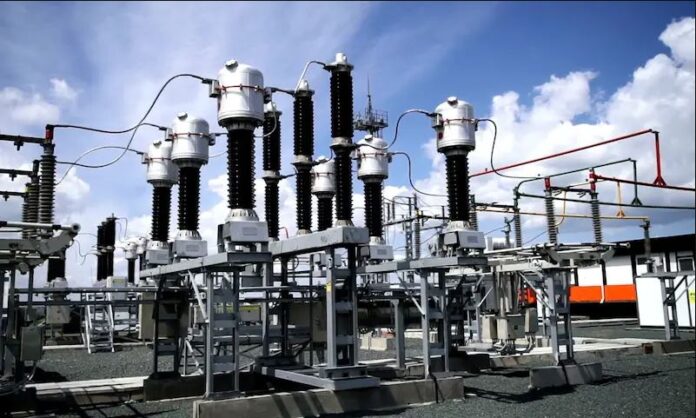NSIA plans power sector takeover to add to its numerous porfolios
By Jeph Ajobaju, Chief Copy Editor
Power sector takeover is in the sights of the Nigerian Sovereign Investment Authority (NSIA) seeking underperforming public assets, such as power plants, as it shifts focus from managing portfolio assets to state enterprise assets manager.
NSIA Chief Executive Stanley Orji told Reuters that discussion with the government has reached an advanced stage to take over a power plant that is 85 per cent complete.
“We are looking at many industrial projects and government-owned enterprises that are either moribund or not performing sub-optimally,” he explained
Orji argued that rising inflation and government revenue shortfall mean there will be budget constraints for critical social spending which could also impact capital injection into the sovereign fund.
“Imported inflationary pressures and the COVID-19 pandemic meant that the government would have to allocate significant resources to social spending that may affect capital increases for the fund.”
________________________________________________________________
Related articles:
Medical treatment abroad costs Nigeria $11b
Chippa Cash and Andela lead $1.2b startup funding raise
Foreign capital inflow rises 62%, outflow 163%
__________________________________________________________________
Asset transfer
Orji had explained in a statement after the release of NSIA 2021 results that the organ will continue to drive direct investment in its core areas of healthcare, toll roads, gas industrialisation, technology, financial market infrastructure, power, agriculture as well as environmental, social, and governance (ESG).
“Asset transfer will be an important component of our growth strategy in the medium to long term as we see significant opportunities in the power and real estate in the federal government portfolio of assets,” he added, per Nairametrics reporting.
The NSIA currently has investment in Agriculture, Real Estate, Cloud Computing, Gas Industrialisation, Health Care, and Road Tolling.
Orji articulated the work of the NSIA in these sectors as follows:
Agriculture
The Presidential Fertiliser Infrastructure (PFI) is one of the most successful intervention programmes of the NSIA. It also turned a profit for the first time which is remarkable for what has been perennially a subsidised scheme.
NSIA expects to commission Panda Agric in mid-to-late 2022. Panda Agric is an investee company under the NSIA-UFF $200 million Agriculture Fund set up in 2016.
Approximately 96 per cent (720ha) of the targeted 750ha of centre pivot irrigation coverage has been achieved.
Technology
NSIA invested in a hyper-scale cloud data company, Kasi Cloud Limited.
Kasi focuses on enabling cloud and digital transformation in Africa starting in Lagos, and is building a “Tier IV” data centre worth $250 million in Lagos.
Gas industrialisation
NSIA made significant progress in conceptualising the development of the Ammonia and Di-Ammonium Phosphate production plants in partnership with OCP under the gas industrialisation scheme.
It secured a site for the plant and studies are ongoing, including the early stages of selecting an Engineering, Procurement, and Construction (EPC) company.
Toll roads
The three road projects being implemented by the NSIA under the Presidential Infrastructure Development Fund (PIDF) – Lagos-Ibadan Expressway, Second Niger Bridge, and Abuja-Kaduna-Kano Highway – have reached advanced stages of construction.
Healthcare
NSIA has pilot healthcare centres that deliver and operate three centres where more than 60,000 patients have received care.
Both NSIA-Kano Diagnostic Centre and NSIA-Umuahia Diagnostic Centre have provided services to more than 50,000 patients while the Cancer Centre has attended to over 10,000 patients.
Income
NSIA made N147 billion income in 2021, an 8.2 per cent dip from N160 billion in 2020.




